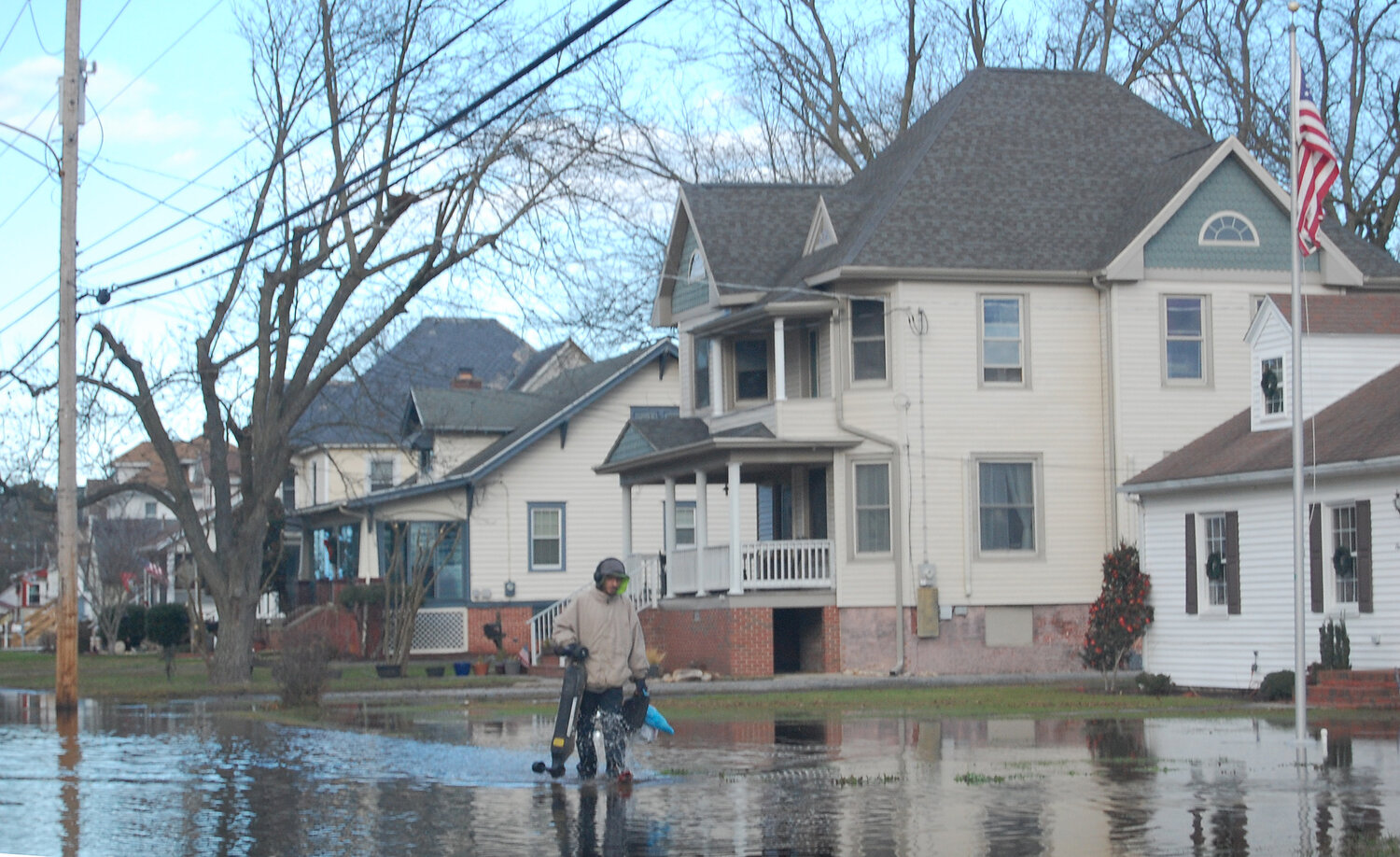Is stormwater fee in Crisfield's future to pay for ditch maintenance?
CRISFIELD — One of the design engineers working on Crisfield’s flood mitigation plan is proposing the city more heavily invest in stormwater maintenance.
After crunching the numbers …

You must be a member to read this story.
Join our family of readers for as little as $5 per month and support local, unbiased journalism.
Already a member? Log in to continue. Otherwise, follow the link below to join.
Please log in to continue |
Is stormwater fee in Crisfield's future to pay for ditch maintenance?
CRISFIELD — One of the design engineers working on Crisfield’s flood mitigation plan is proposing the city more heavily invest in stormwater maintenance.
After crunching the numbers to include operating, labor and capital equipment costs Senior Project Manager John Aldrich with CDM Smith estimated that expenses are a combined total of $332,000 per year and he recommended it be financed through a monthly stormwater utility fee that would hit all properties even if exempt from property taxes.
“Staff told me that currently about $10,000 is budgeted for stormwater maintenance today so obviously this is a significant increase in the effort,” he said.
The square footage of property covered by buildings and pavement would be quantified as the impervious surface and that is the industry standard for determining how much runoff there is. This calculation would be used as the basis for the fee, Mr. Aldrich said.
His draft analysis set a monthly charge of $8.25 per Equivalent Residential Unit (ERU) for properties covering less than 2,000 sq. ft. of impervious surface, for example, a typical dwelling. The number of ERUs increases where there are more impervious surfaces through larger buildings, outbuildings and parking lots.
While 75% of the city is categorized as residential, the Crisfield Housing Authority is one example of a tax exempt property which Mr. Aldrich said should be included in the ERU billing system.
He also said some locations while impervious “are interwoven into the drainage system” and would have to be more closely evaluated and may in fact be due a credit.
“There’s a lot of scrubbing of the data that should go on before you prepare to do billing,” Mr. Aldrich said, and he will be submitting a memo to the Mayor and City Council detailing the background for this proposal.
He said it is not uncommon to phase ERU fees over a few years, and include it on a water and sewer bill, or a tax bill. “There’s going to be some parcels that may need to be setup as stormwater-only accounts,” he said.
None of this would happen without an ordinance, and he recommends keeping the community apprised throughout the process. Collection of this fee is not part of the city’s proposed FY25 budget.
Mr. Aldrich said raising property taxes alone by 20 cents per $100 of assessed value would generate $351,000 but that is not equitable to property owners because property value is not directly tied to stormwater runoff.
Councilman Eric Banks said he endorses proactive maintenance “and it’s one of the reasons that we’re in the condition that we’re in,” adding that “It’s a big number, but it’s doable.”
“We can’t stop it from raining, but we can help the rain drain away when it happens,” he said.
Mayor Darlene Taylor said problems with ditches are a major issue, and Councilwoman Ruthie Todd said over the years some have been closed in and this could finance their restoration.
“We can figure out what a decent rate is, but I think the issue is we’ve got to maintain the ditches,” Mayor Taylor said, whether or not FEMA awards nearly $40 million for flood mitigation.
“If we don’t have the capacity... to maintain the ditches we end up in the same place where we are.” “That’s the most complaint that I get from everybody.”






